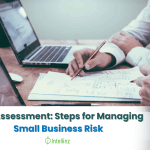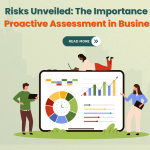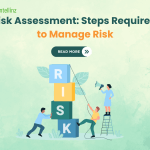When making critical business decisions like business buying, you should never adopt an impulsive approach. Take your time learning about the business and seek expert guidance if possible. Even if you are already a proud owner of your very own successful business, and looking to expand your horizons by purchasing another one, you might be surprised at some of the hurdles you have to go through. Here are three of the top lessons learned from buying a business:
1. Due Diligence is More Important than Anything Else
When buying a small business, the numbers are not usually large, so the risk doesn’t appear to be great, and buyers tend to rely on their instincts. The problem is that those small numbers add up to cause big implications. No matter what, you must verify that the information seller provides about the business is accurate and correct. Among the most important things to cover in your due diligence process include:
- Financial records
- Customer patterns
- Contracts and legal Documents
- Merchandise Returns
- Sales Records
- Insurance documents
- List of liabilities
- List of current employees and organizational chart
- Reputation of the business
- Market area and location
- All accounts payable and receivable
- Salaries
- Advertising costs and marketing costs
- Business’s relationship with customers
2. Hire Slow, Fire Fast
Even if you’ve heard this statement earlier, you may not have fully grasped its full significance. Most entrepreneurs understand the idea of hiring slow and will take time to screen, interview, and hire candidates, but when fail to embrace the idea of firing fast. They often learn it the hard way.
You might feel you should be the first one to put food on your team members’ tables and certainly don’t want to hurt their families by considering redundancy. With this mindset, if there’s a shift in your business model that makes certain positions irrelevant, you may decide to keep those employees and shift them to other roles. By taking this decision, you’re doing a huge disservice to them. You’re only moving them to roles that have nothing to do with their core competency.
Not only will they stop advancing in their career and experience low morale, but their disinterest and lack of knowledge and expertise with the new roles will lead to lower productivity, adversely affecting your profitability.
Hence, when you buy a small business, possess the heart to make drastic changes, including firing quickly when required.
3. Always Consider Market Adaptability
When buying a business, one of the biggest mistakes you can make is ignore key insights such as market size, shifts in consumer behavior and demands with respect to market dynamics. Successful businesses are built upon a solid foundational knowledge of market dynamics and conditions. Obtaining this understanding beforehand can put your right on track for skyrocketing business growth.
Conclusion
Now that you’ve learned some valuable lessons, keep them in mind when making key business decisions. Not only do they apply to business buying, but you can also use them in cases like merger & acquisition and company takeover. Being the boss of your own company is tough, but being the boss of someone else’s is tougher. If you need help with due diligence or valuing a business you’re interested in buying, reach out to Intellinz at your earliest.






